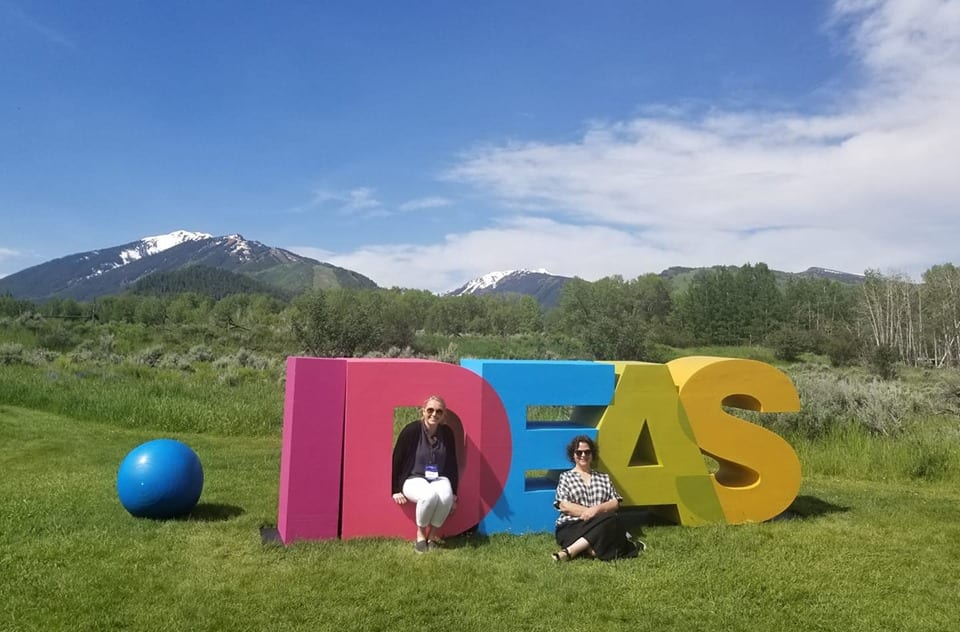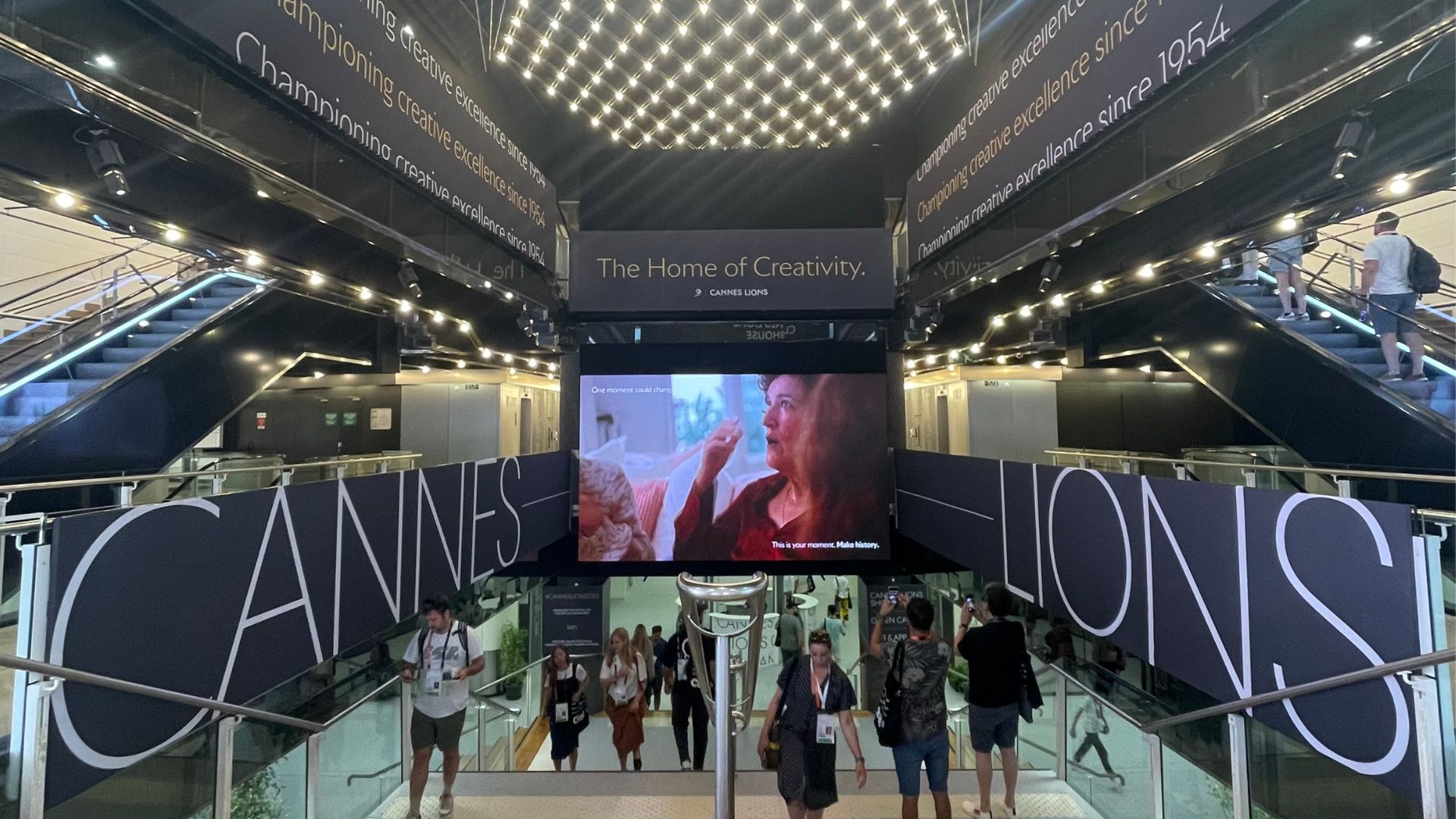Last week I packed my bags and headed to the mountains of Colorado for some rarefied air at the 15th Aspen Ideas Festival. The Festival calls itself “the nation’s premier public gathering for influential leaders,” and my fellow attendees (an estimated 3,000) and I heard from thought leaders, scientists, authors, and CEOs about pressing social issues. While topics ranging from digital storytelling and renewable energy sources to the value of art and world hunger were hotly debated in sessions and in conversations around campus, I couldn’t help but wonder where all this was taking us. Will these words and ideas lead to actions? Here are some of the most useful and inspirational insights that stuck with me as I’ve continued to ponder that question…

From “The Surprising Power of Joy,” presented by Ingrid Fetell Lee…
Happiness is how we feel about our lives over time; joy is an intense momentary expression. Though small, joy has as mighty an impact as it can: make us feel more alive; sharpens our minds (we are 12 percent more productive in a state of joy); open us up to new ideas by increasing cognitive flexibility; and strengthen our relationships (laughter deepens human connection, and celebration increases trust and intimacy).
From “The Art and Science of Remembering Everything,” presented by Joshua Foer…
Making a piece of information funny also makes it 50 percent more memorable. Taking notes in multiple colors and including drawings (not just doodles) makes them more memorable. Having trouble remembering names? First, pay attention when they introduce themselves (but really pay attention), then find a way to make a connection between their name and their physical presence (refrain from describing that connection to the person in question, however).
From “An Afternoon of Conversation,” presented by Common…
It’s time for all of us to learn to be more vulnerable and share ourselves to reveal common (no pun intended) experiences. From the importance of love to his faith and experiences with abuse, Common laid himself bare and had the audience with him every step of the way.
From “Moonshot Thinking Workshop,” presented by leaders from X (formerly Google X)…
For a creative director, this session was the most applicable to my day-to-day world. X’s brainstorming guidelines are good basics for any of us who seek solutions to follow:
1. Aim high for innovation—don’t go for 10 percent better, go for 10 times better.
2. Always work on the hardest part of the problem first to discover if the project as an Achilles heel.
3. Make contact with the real world as you’re developing your idea to test and help identify issues/solutions.
4. Fall in love with the problem, not the technology (or solution)—this enables you to pivot if your solution doesn’t work.
5 .Embrace failure not as failure, but as inspiration. As Thomas Edison said, “I’ve not failed, I’ve just found 10,000 ways that won’t work.”
In Summary…
- Make joy a daily practice and see how it positively impacts your work and life.
- Take the extra brainspace to remember people’s names; they will feel more valued and respected.
- Open yourself up more to people around you. Just ask professor, author and TED-talker Brené Brown—vulnerability is the new black.
- When it comes to new ideas, aim high and learn from your mistakes.
To answer my own question about words leading to actions, I can only imagine the positive changes we could effect if every Aspen Ideas Festival attendee simply added these practices to their everyday life. My impact may be small, but I hope you find these nuggets mined from Aspen useful in both your personal and professional life.



